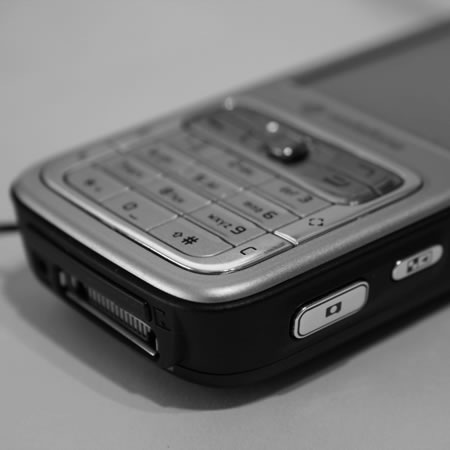BBC reports on how users are “baffled” by the complexity of modern smartphones.
The complexity of modern mobile phones is leaving users frustrated and angry, research suggests.
Some 61% of those interviewed in the UK and US said setting up a new handset is as challenging as moving bank accounts.
Of course some would say that today’s Google Generation and Digital Natives will be able to handle such smartphones with ease, therefore we do not need to worry about our learners using such devices.
I am not so sure.
The only mobile devices I have ever been able to set up e-mail on to both receive and send has been the iPod touch. Now I know I am not (according to the authors) part of the Google Generation as I am too old; however I do use a range of other services on my phone such as Qik, Shozu, JoikuSpot to name but three – and so I am quite adept at setting up applications and changing settings. However with e-mail, it has always been a pain!
The S60 operating system for example, is a great OS for installing third party applications,and I have done this on both the Nokia N73 and N95. Though there are included features which I can never get to work. For example, making video calls, hasn’t worked for me, so I just don’t do it. I got annoyed with the (Vodafone supplied) Nokia N73 which came with a Flickr application which never worked, in the main as Vodafone blocked Flickr as part of their Content Control.
Today’s devices are full of stuff we can use to save time, increase the quality and quantity of information we receive, to communicate, to share; however many devices are seriously lacking in terms of usability. This survey indicates that I am not alone in this view.





